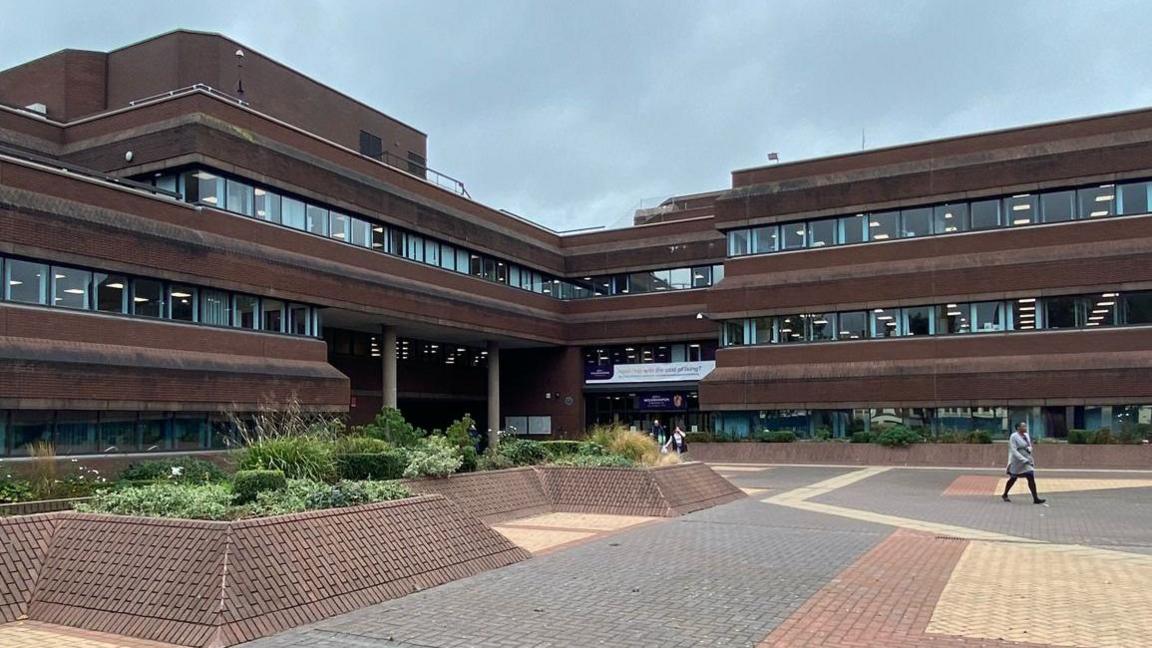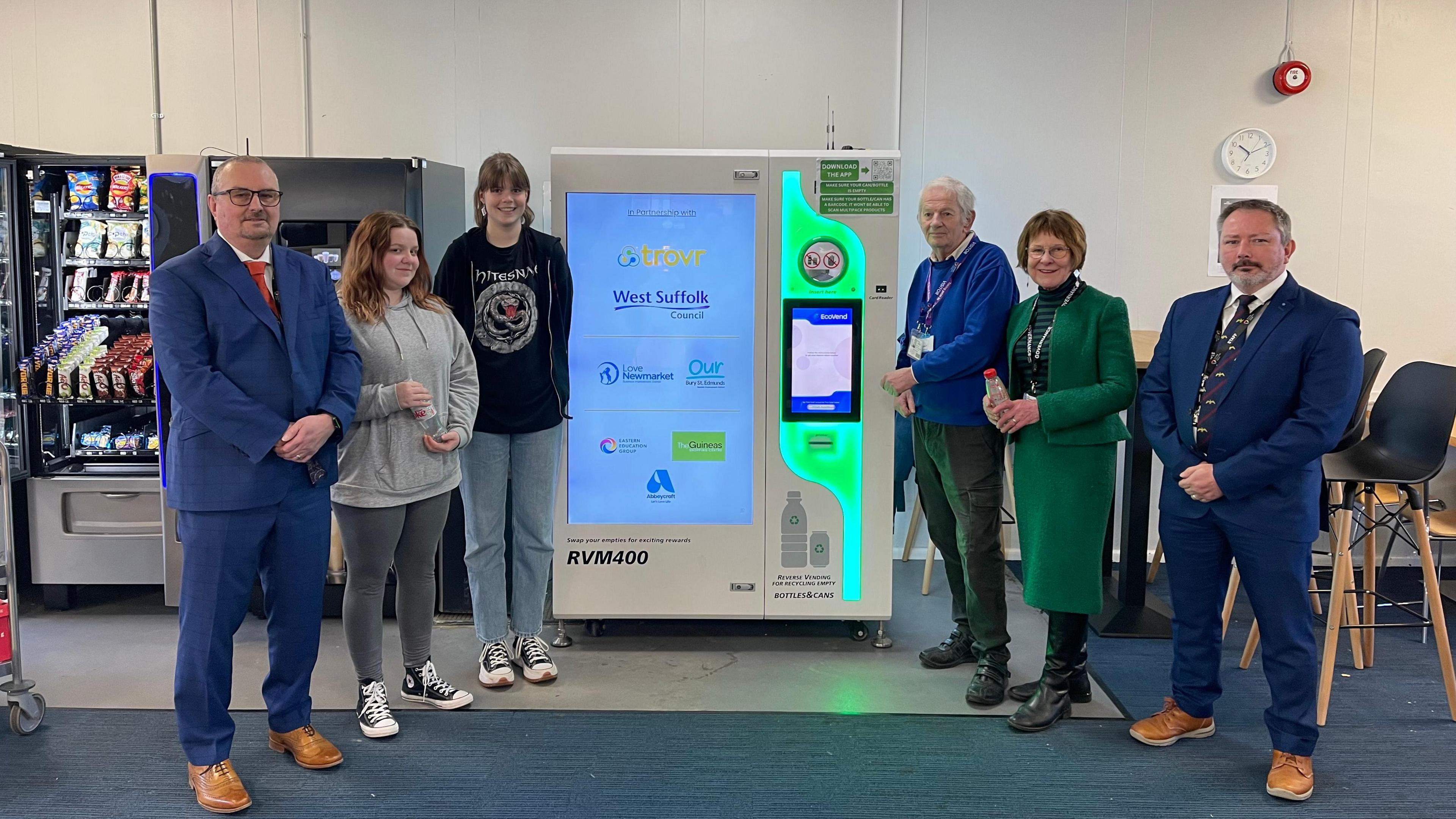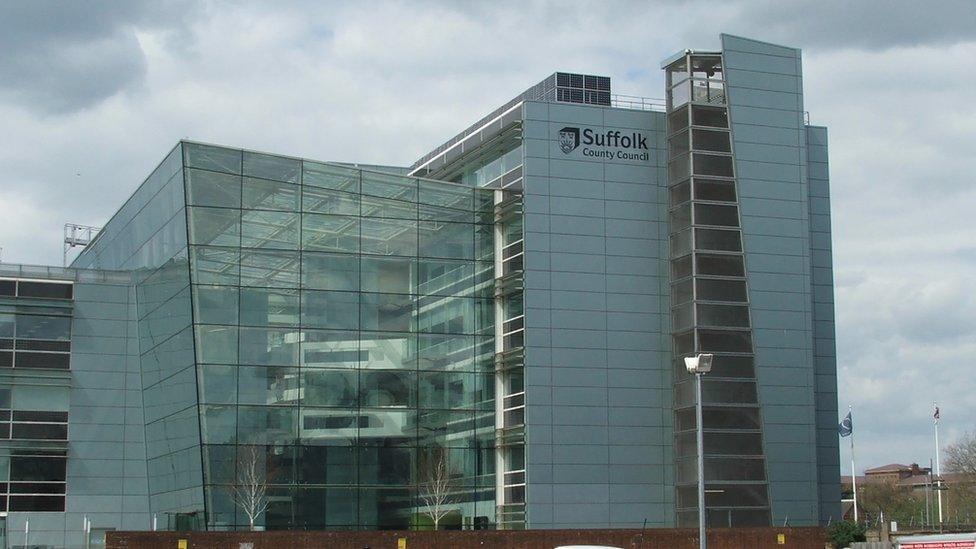Council reveals how it wants to cut carbon emissions

If the council agree, a consultation will be launched on 30 September
- Published
City of Wolverhampton Council has revealed details of how it intends to tackle climate change as it asks for people's views on the plans.
The local authority has pledged to hit net-zero by 2041 - which means means no longer adding to the total amount of greenhouse gases in the atmosphere.
A report for the authority’s Climate Change, Housing and Communities Scrutiny Panel revealed 20 actions.
They included moving away from using fossil fuels and encouraging battery storage and renewable energy in new buildings, or modifications wherever it can.
What is net-zero and how do you cut emissions?
Is the UK on track to meet its climate targets?
- Published3 May 2024
The report said the public consultation hoped to "unpick any barriers" to the planned measures and make sure it had not missed any opportunities to cut carbon, while reflecting the financial constraints on the council.
A consultation will be launched on 30 September if the panel gives the go-ahead at its meeting on Thursday.
Figures from 2022 showed Wolverhampton’s carbon footprint was 900,000 tonnes of carbon dioxide (CO2).
Although the city council only directly contributed 1.2% of that, a third of emissions was produced through social homes, schools, commercial assets, and an energy-from-waste plant.
By the end of 2026 the council hopes to have achieved a 25% reduction in its carbon footprint across the city, rising to 46% by the end of 2031.
Other targets include a cut of 97% in emissions from domestic buildings with 96% of existing homes fitted with heat pumps.
A consultation on the plans will run for eight weeks, however may be extended if more time is required.
Get in touch
Tell us which stories we should cover in Wolverhampton
Follow BBC Wolverhampton & Black Country on BBC Sounds, Facebook, external, X, external and Instagram, external.
- Published22 August 2024

- Published12 December 2023
